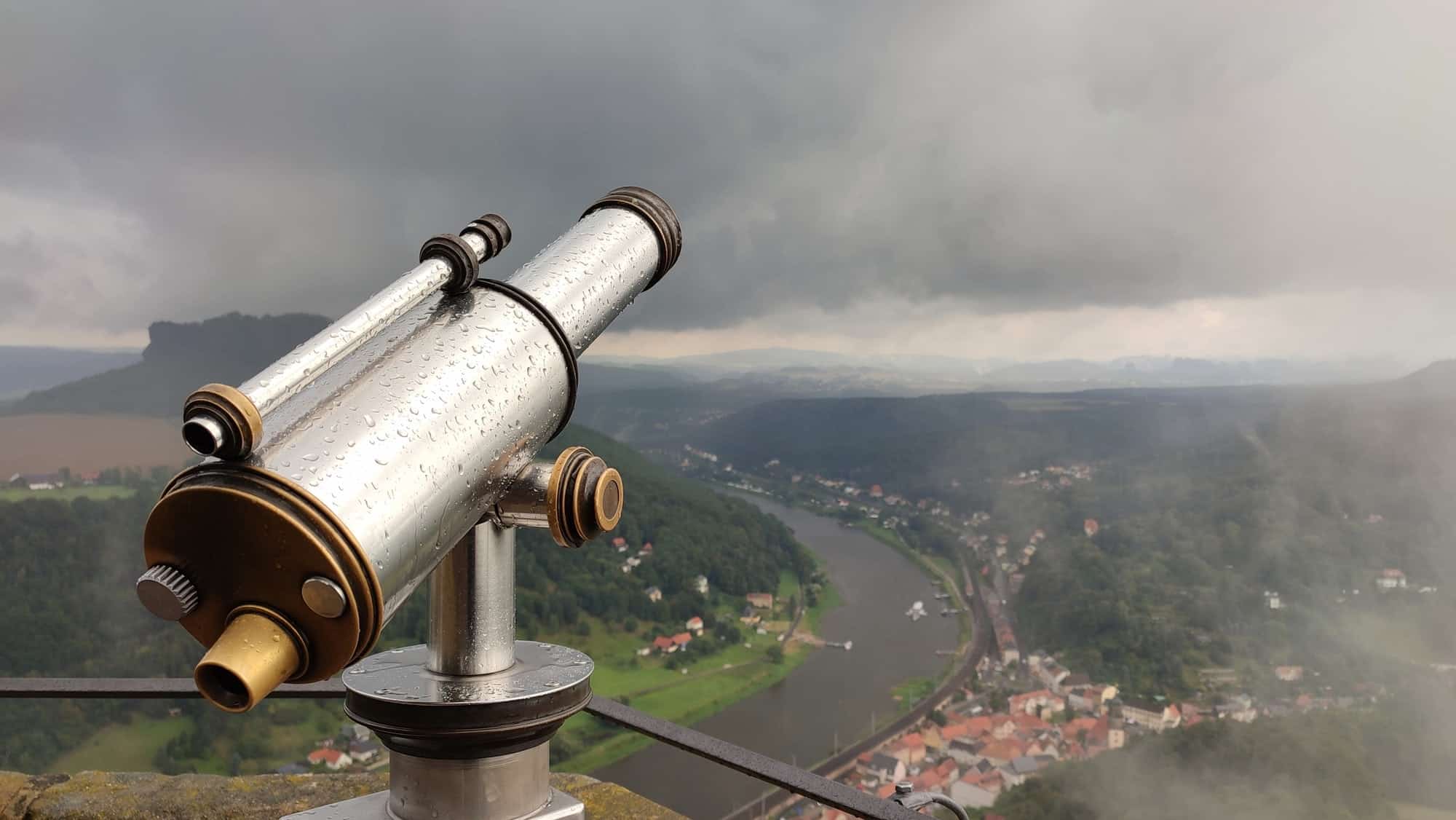As lovers of wildlife and the natural world, you may be considering a boat tour to view the majestic marine mammals that inhabit our oceans. From the graceful dolphins to the awe-inspiring whales, these tours present an opportunity to observe these fascinating creatures in their wild, natural habitat. However, it is crucial to remember that these are sensitive species, and that their welfare and conservation must be given priority during such tours. So, how can you, as UK tourists, ensure you’re responsibly observing these marine mammals during your boat tours? This article outlines some guidelines that will help you make your experience both enjoyable and sustainable.
Respecting the Animals’ Space
It’s thrilling to be out on the open water, watching whales and dolphins glide through the waves. However, it’s essential to remember that these are wild animals, and we are visitors in their home. They should be given the respect and space they deserve.
En parallèle : How effective are current UK efforts in restoring upland peat bogs, and what further steps are needed?
Before embarking on a boat tour, ensure that the company you chose follows the necessary distance guidelines for marine mammal observation. It is generally recommended to maintain a distance of at least 100m from any cetaceans. This distance prevents unnecessary stress or disturbance to the animals.
Never encourage the boat’s captain to approach marine mammals too closely. Always respect the cetaceans’ space and observe them from a safe distance. If the animals choose to approach the boat, it’s their decision, but the boat should never purposely move towards them.
A voir aussi : What are the newest strategies for engaging UK urban communities in river clean-up and wildlife protection?
Selecting a Responsible Tour Operator
The tour operator you choose can make a significant difference in your impact on marine wildlife. A responsible operator will prioritize the welfare of the animals over providing a close-up view for their tourists.
Before booking a tour, research the company’s conservation efforts and guidelines for marine wildlife viewing. Are they following the local and international regulations for watching marine mammals? Do they contribute to local conservation efforts? A responsible operator will respect and follow the rules set out by wildlife conservation authorities, keeping disturbance to the animals at a minimum.
Look for operators that offer an educational component to their tours, providing information about the marine mammals and their conservation status, and explaining the guidelines for responsible viewing.
Educating Yourself About Marine Mammals
A critical part of responsible tourism is understanding the animals you are observing. This knowledge will enhance your experience and reduce the chances of causing harm or distress to the animals.
Before your tour, spend some time learning about the species of dolphins and whales you might encounter. Understand their behaviors, feeding patterns, mating rituals, and signs of distress. This knowledge will help you recognize if your presence is causing any disturbance.
Understanding these animals’ conservation status and the threats they face can also help you appreciate the importance of responsible wildlife viewing practices.
Reporting Unethical Practices
As a tourist, you have a responsibility to ensure that future generations can enjoy the same experiences. If you witness any unethical practices during your tour, such as boats approaching animals too closely or causing distress to the animals, report these incidents to the local authorities or conservation organizations.
Your actions can help ensure that operators who fail to respect marine mammals are held accountable for their actions. It is crucial for the future of marine mammal tourism that only those operators who prioritize the welfare and conservation of these animals are supported.
Tourism can play a pivotal role in the conservation of marine mammals if done responsibly. Respect for these animals, choosing a responsible operator, educating oneself, and reporting any unethical practices are key factors in ensuring our interactions with these remarkable creatures are both enjoyable and sustainable. So, before you step onto that boat, make sure your actions will contribute positively to the conservation of these spectacular species.
The Importance of Codes of Conduct and Legislation
Abiding by the codes of conduct and legislation relevant to marine wildlife observation is pivotal in ensuring a responsible whale watching experience. These codes and regulations are established by international bodies and national authorities to safeguard marine mammals from potential harm or distress caused by human activities.
The International Whaling Commission, for instance, sets out specific guidelines for whale and dolphin watching activities. These guidelines include maintaining a safe distance from the animals, refraining from feeding or touching marine mammals, and minimizing noise and speed of the boat. As a responsible tourist, it’s your duty to familiarize yourself with these guidelines and adhere to them during your boat tour.
In the UK, the Marine Management Organisation (MMO) stipulates the guidelines for observing marine mammals within its waters. These guidelines are designed to protect species such as whales, bottlenose dolphins, and porpoises from disturbance related to tourism activities in marine environments.
Marine wildlife legislation may vary depending on the location of your tour. For instance, the rules governing marine mammal observation in West Scotland may differ from those in Sri Lanka. Thus, it’s crucial to research the local legislation in your intended tour location before your trip.
By respecting these codes of conduct and regulations, you’re not only ensuring a non-disruptive experience for the marine mammals but also setting a positive example for other tourists.
Conclusion: The Role of Responsible Tourism in Marine Conservation
In summary, responsible tourism plays a crucial role in the conservation of marine mammals. It entails maintaining an appropriate distance for whale and dolphin view, selecting a tour operator that prioritizes animal welfare, educating yourself about the species you’ll encounter, and reporting any unethical practices you witness.
Responsible whale watching contributes to the broader goal of marine conservation by minimizing human-induced stress on these creatures, giving them a chance to thrive in their natural habitat. Additionally, your responsible actions can influence other tourists to adopt the same respectful approach, thereby creating a ripple effect of positive impact.
Remember, observing marine wildlife should not compromise their welfare. As we marvel at the beauty of whales, dolphins, and other marine mammals, we must bear in mind that we are visitors in their home. Their prolonged survival and health are our responsibility. Through responsible whale and dolphin watching, we can ensure that these magnificent creatures continue to grace our oceans for generations to come.











